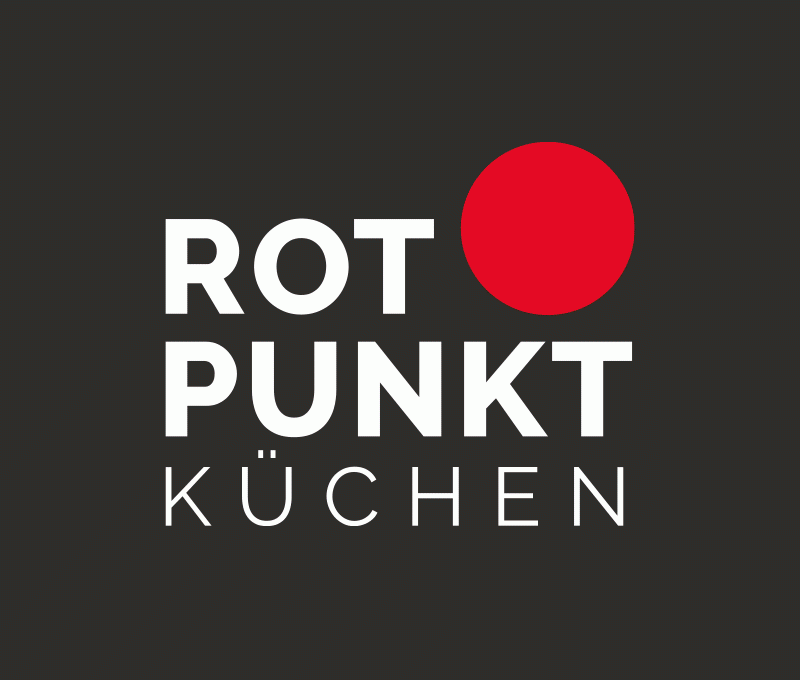Digital marketing – Are you confident you speak fluent Google?
Fri 12th Jan 2024 by Katrina Bell

Digital marketing – Are you confident you speak fluent Google?
It might sound flippant, but it's a serious question – after all, SEO and Google speak are not always easy to understand. Luckily Katrina Bell is here to provide 3 simple steps to get you fluent in AI-driven competitive search.
Learning a new language is no mean feat but the great news is that Artificial Intelligence (AI) is going to be your new best friend when you decide to finally master Google and its maze of search engine optimisation (SEO) algorithms. There is absolutely no reason why these skills need to be the sole purview of specialists.
It won’t be long before SEO becomes an outdated term – brands already experience the complexity of multi-channel marketing daily. Creating content for paid advertising, website captions, social media posts, press releases – the pressure to curate each byte is immense, and is only made worse by the fierce pressure to get yourself at the top of the search engine page results or SERPs.
Follow these 3 steps to get a healthy dose of Google-speak.
1. It’s time to become friends with AI, even though many will tell you that it can’t write decent marketing copy. If you force feed Google’s bots with clunky prose that’s packed with keywords but little meaningful content, it will know and punish you accordingly. Do remember those keyword lists people would add to their website pages to ‘fool’ the algorithm? Content creation will experience a staggering improvement in the next 12 months and Google’s Bard will almost certainly start to overtake OpenAI’s Chat GPT.
It’s true that brand-specific phrases will stymy AI, but you can still feed it existing copy that you have used successfully and ask it to rewrite it with a new slant, for instance, a New Year theme.
2. Google Keyword Planner should be in your regularly used bookmarks. Understanding the fundamentals of keywords that succeed on your Insta as well as your news releases, or perform well in a Google search are all intrinsically linked.
Essentially keywords are either informational, meaning users are looking for general information or resolving a query, or they are transactional, which are the users looking to shop, or at least take action.
Whether you are planning to run an ad campaign on Google or creating hashtags on your socials, GKP is a powerful tool for brainstorming new terms and taking the temperature of your old standards. You need to be keeping a vigilant eye on keyword competition, which refers to how many other people are bidding to use the most popular keywords in your SERPS.
Gaining a competitive edge to stay at the top of the screen is never as simple as buying ad space because Google has developed over time to respect both paid content and high-quality relevant organic listings for websites.
3. Google likes you to be helpful but you will need to be patient. Imagine you have finally created a suite of content that makes great use of your technical knowledge, you’ve plugged into the newest and most relevant keywords, and then established a working relationship with AI. You are ready to keep up with Google’s regular algorithm updates.
If you follow the E-E-A-T framework that prioritises experience, expertise, authoritativeness and trustworthiness, you can weather those monthly updates that are really just Google’s way of tinkering under the hood to see what works and what doesn’t. Good content takes a while to creep up the results, and your outcomes will be much more robust long-term.
Tags: insight, features, digital marketing, seo, google, kitchens, bathrooms



























